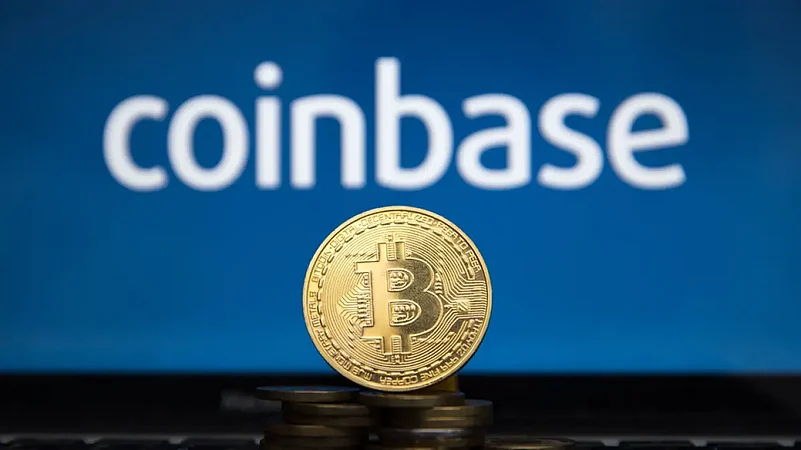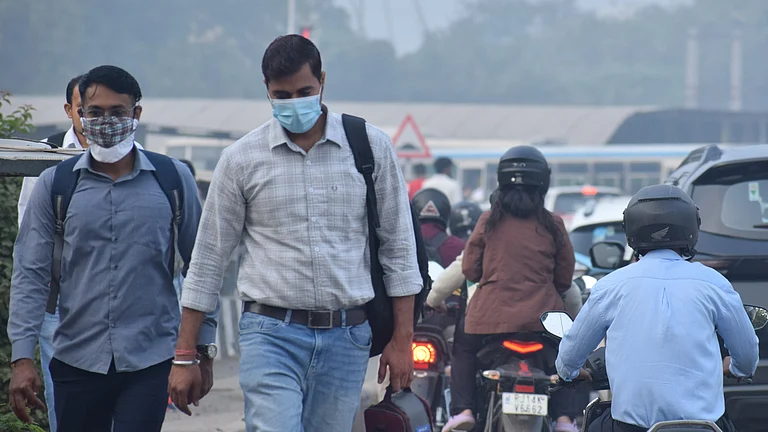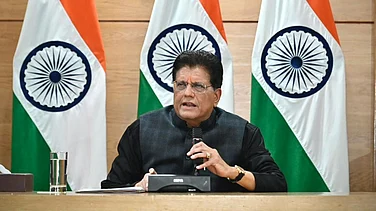Global cryptocurrency exchange Coinbase, which launched operations in India recently, will relaunch its services with payment options other than Unified Payments Interface (UPI), said its chief executive officer and co-founder of Coinbase Brian Armstrong.
Th day Coinbase India announced that Indian investors could use UPI for rupee deposits on its exchange, the National Payments Corporation of India (NPCI) came out with a press release saying it was not aware of UPI usage for crypto transactions. This was followed by a sudden squeeze on banking support for various crypto exchanges.
Several crypto exchanges stopped using UPI after the National Payments Corporation of India (NPCI) said in April that it was not aware of crypto exchanges using the services.
While speaking at the earnings call for the first quarter of 2022 held on May 10, 2022, Armstrong said that “informal pressure” from the Reserve Bank of India (RBI) was behind Coinbase’s decision to disable UPI services.
Armstrong acknowledged the fact that Indians have been showing a lot of interest in crypto and cited this as the reason why the exchange initially planned integration with UPI.
“But there are elements in the government there, including at the Reserve Bank of India, who don't seem to be as positive on it," he added.
The media is calling it a “shadow ban”, which means that they are “basically applying soft pressure behind the scenes to try to disable some of these payments which might be going through UPI”, he said.
India Plans
Armstrong said that the company is planning to commence its operations in India again and are focusing on relaunching. “I think there's a number of paths that we have to relaunch with other payment methods there. And that's the default path going forward.”
Coinbase is planning to increase the number of employees in India by more than three times and has started hiring top executives for its India operations, including former Snap India head Durgesh Kaushik as a senior director for market expansion
Expanding Footprint
Addressing the challenges that the company may face in various countries, including India, Armstrong said, “As we go to these countries all over the world, everybody is in varying states of education or lack thereof about crypto. And there's a lot of work to go meet with policymakers around the world and, kind of teach them about what the AML capabilities are and what are the positive benefits.”
He hoped that in most places “in the free world and in democracies, crypto is going to eventually be regulated and legal, but it's going to take time for them to get comfortable with this”.
Giving the example of India again, he said that meetings were happening and they will soon decide on the next steps.
























.png?w=200&auto=format%2Ccompress&fit=max)






